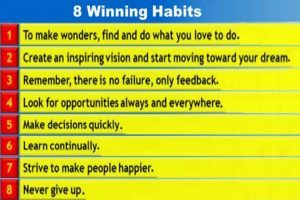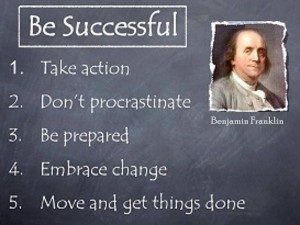you don’t just get there, leadership is more important than any other personal factor. Great leaders have and convey all of these leadership qualities in everything they do. Some people dream of great accomplishments, while others stay awake and do them.
A great leader must have moral courage. This is the most important quality. This is the willingness to stick to one’s beliefs and pursue a course of action in the face of overwhelming criticism, great adversity, and strong resistance from friends and allies. Courage cannot be short-lived; it must be shown over the long haul. This will produce the best results.
- A great leader must have good judgment. Moral courage without good judgment can be extremely dangerous. Good judgment is not solely linked to intelligence, high IQ. It is linked to the right balance of IQ and EQ, which relates to a person’s ability to mix with and learn from other people through the skill of asking questions and listening. Also, it is closely linked to a person’s many life experiences and situations where the person had to use good judgment to make decisions on issues that really matter.
‘ - A great leader has a strong sense of priority. This allows him/her to handle countless problems and issues with different degrees of importance. This innate ability to sort through the truly big and small issues and see the “big picture” is essential to success.
‘ - A great leader must be able to successfully allocate his/her time and concentration of effort to conserve energy.
- A great leader must have a good sense of humor.
For a great leader, who possesses all of the above qualities, to truly be successful he/she must be able to take action and get results. Successful people have many consistent practices and good habits.
-
 The Eight Winning Habits of Successful People.
The Eight Winning Habits of Successful People.They are industrious and proactive, that is:
– Keep meticulous records of their work
– Make contacts and meetings productive
– Seek first to understand before taking action
– Brainstorm
– Prioritize
– Plan - They are enthusiastic and opportunistic, that is:
– Find meaning in fundamentals
– Look at the big picture
– Learn constantly no matter how they are doing
– Use what they learn
– Keep improving
‘ - They have the determination to pursue their goals, that is:
– Set challenging goals
– Do not confuse goals with wishes
– Write down their goals
– Review their goals
– Ask questions that fill them with positive expectation
‘ -

Be Successful by Benjamin Franklin.
They are alert and awake, that is:
– Are fully present when listening to others
– Take a breath before responding
– Focus on what is useful
‘ - They are confident, that is:
– Believe that everything works out for the best
– Use anchoring to inspire them at challenging times
– Explore ideas
– Find a kernel of success in failure
‘ - They are competitive and want to win, that is:
– View competition not as a threat; but as a catalyst for their talent, energy, and determination
– Devote themselves to a purpose that reaches beyond them
– Have loftier goals to achieve and secure











